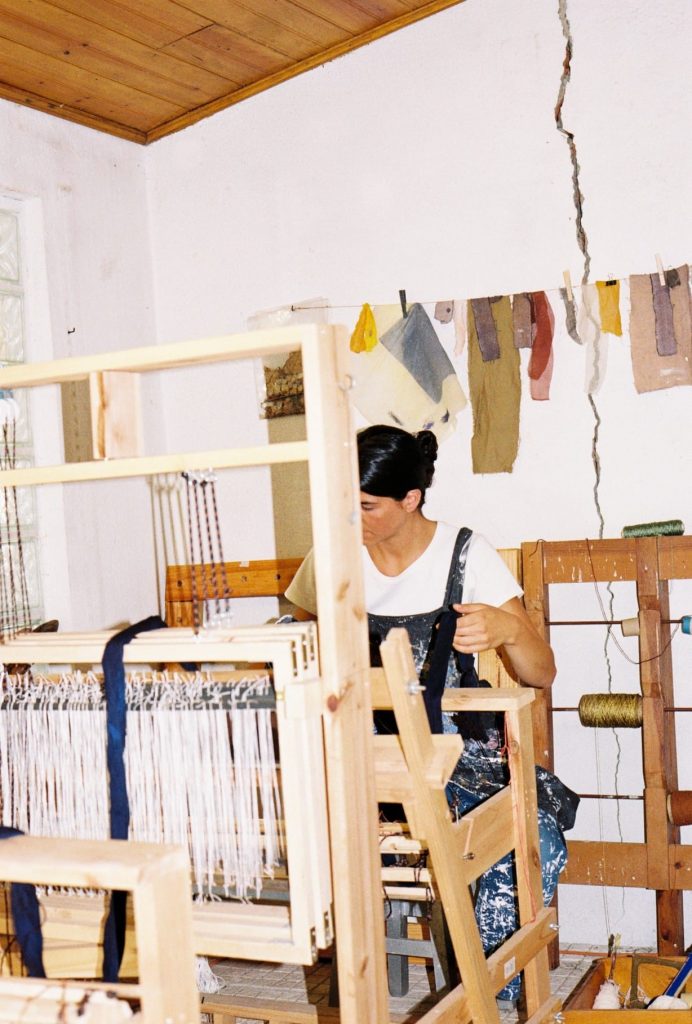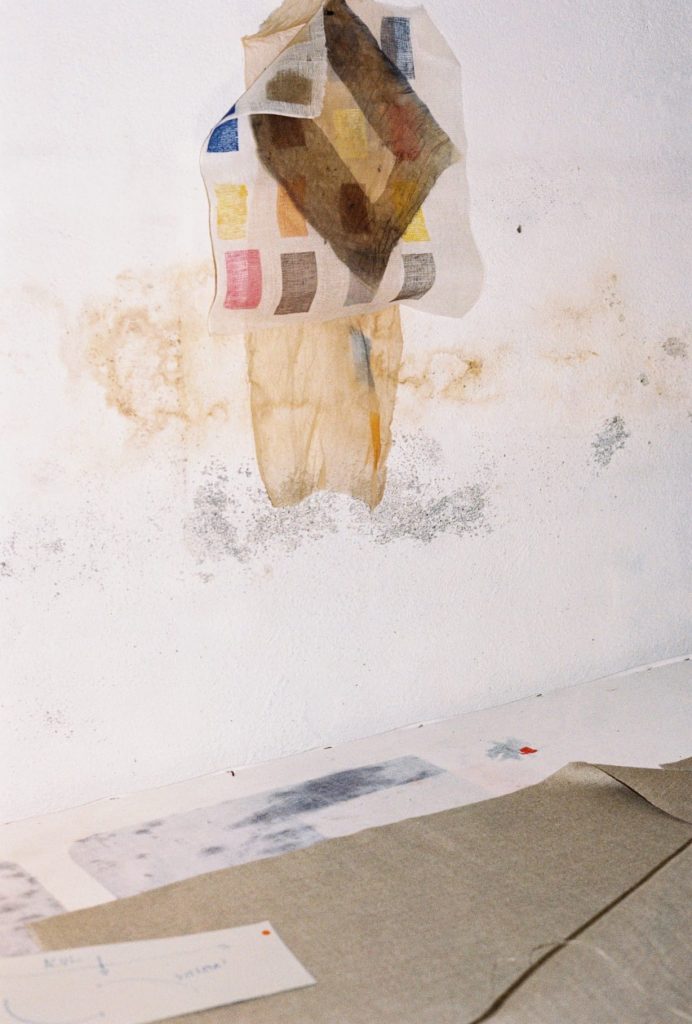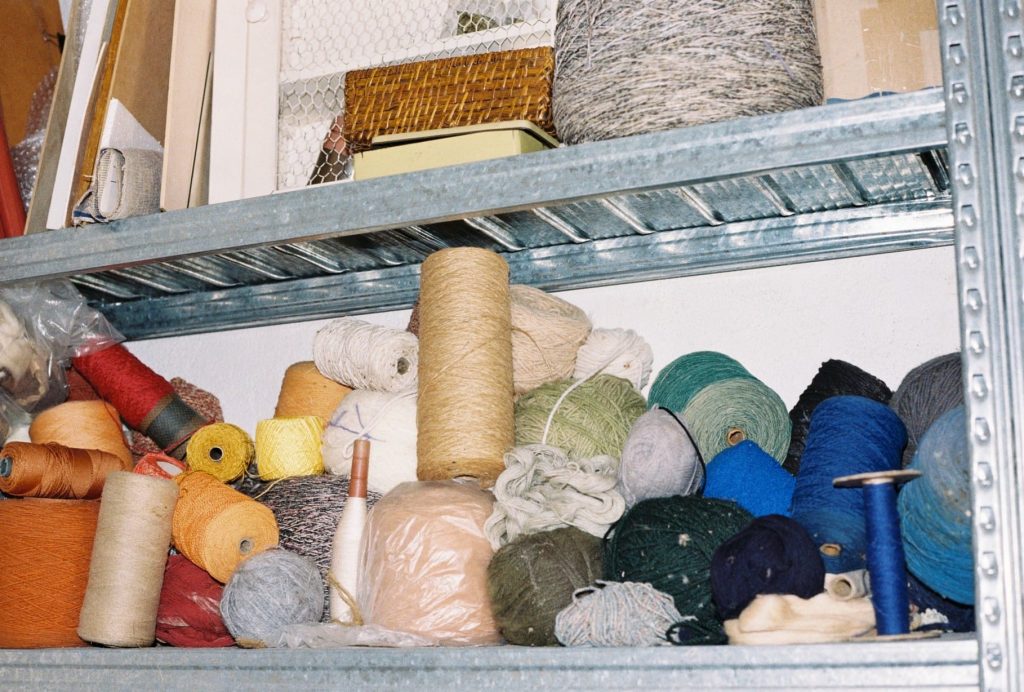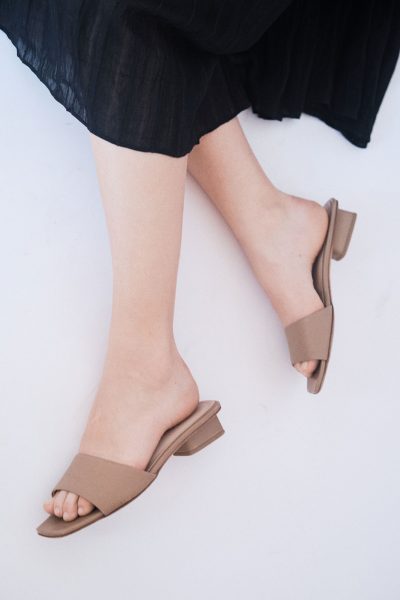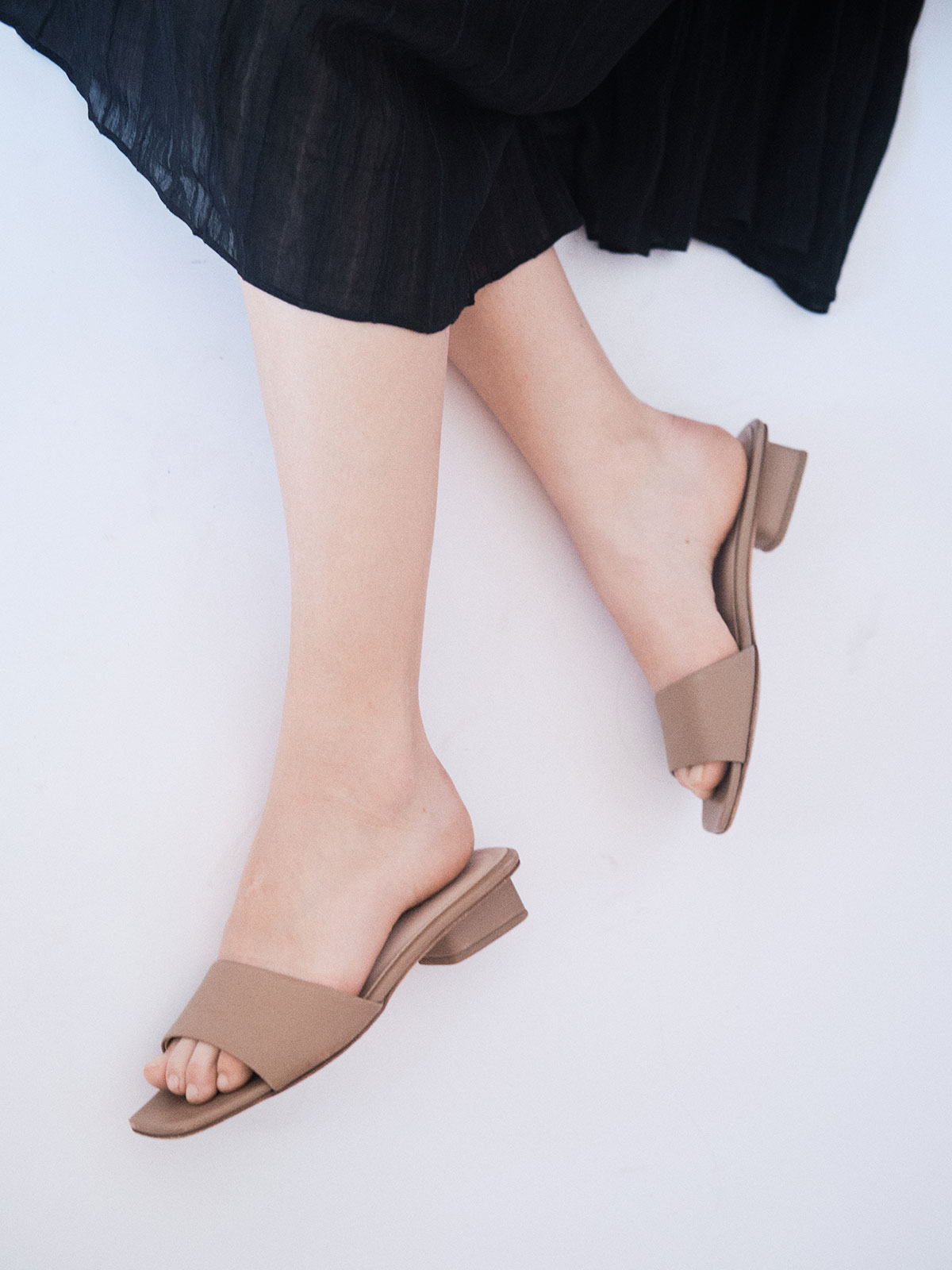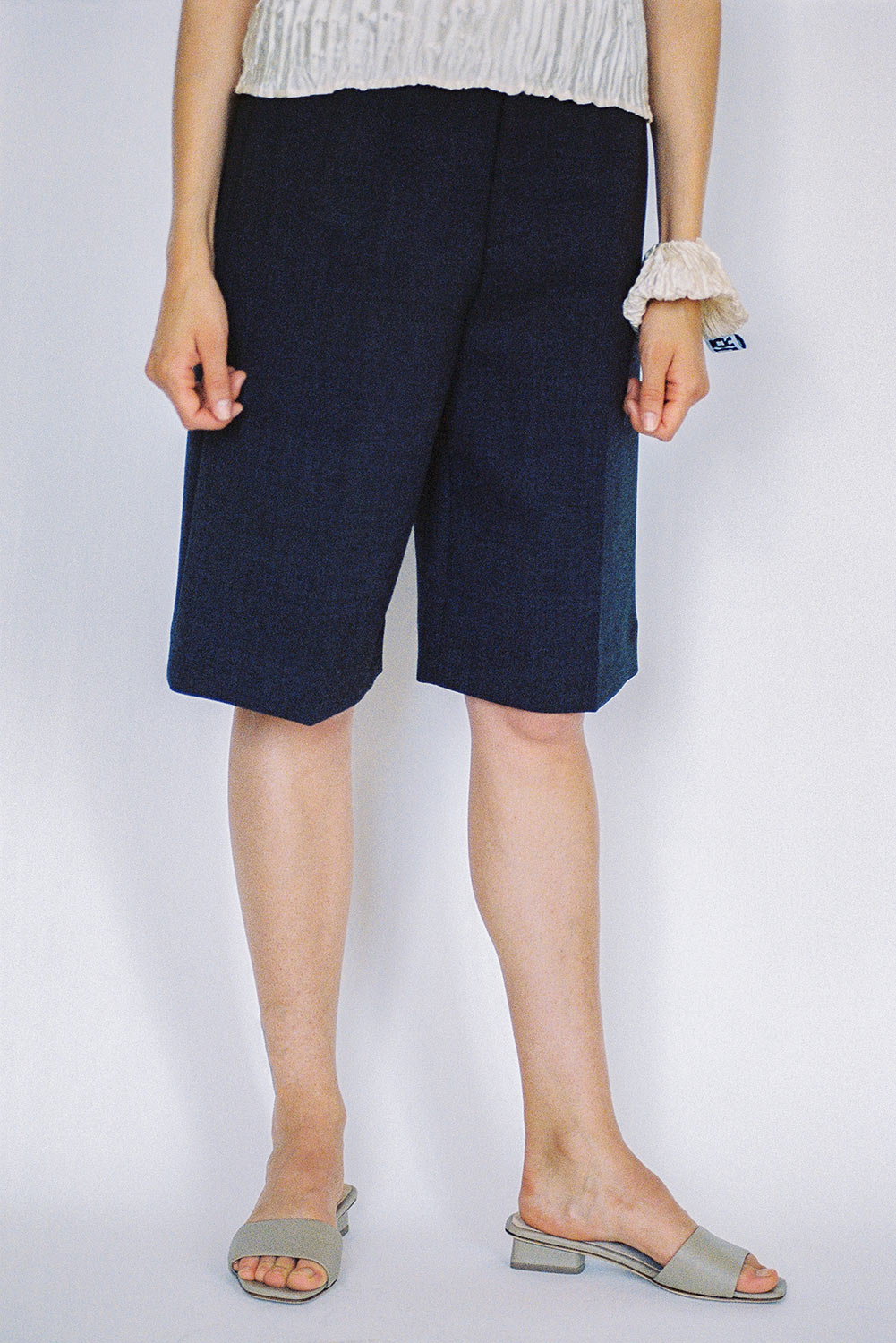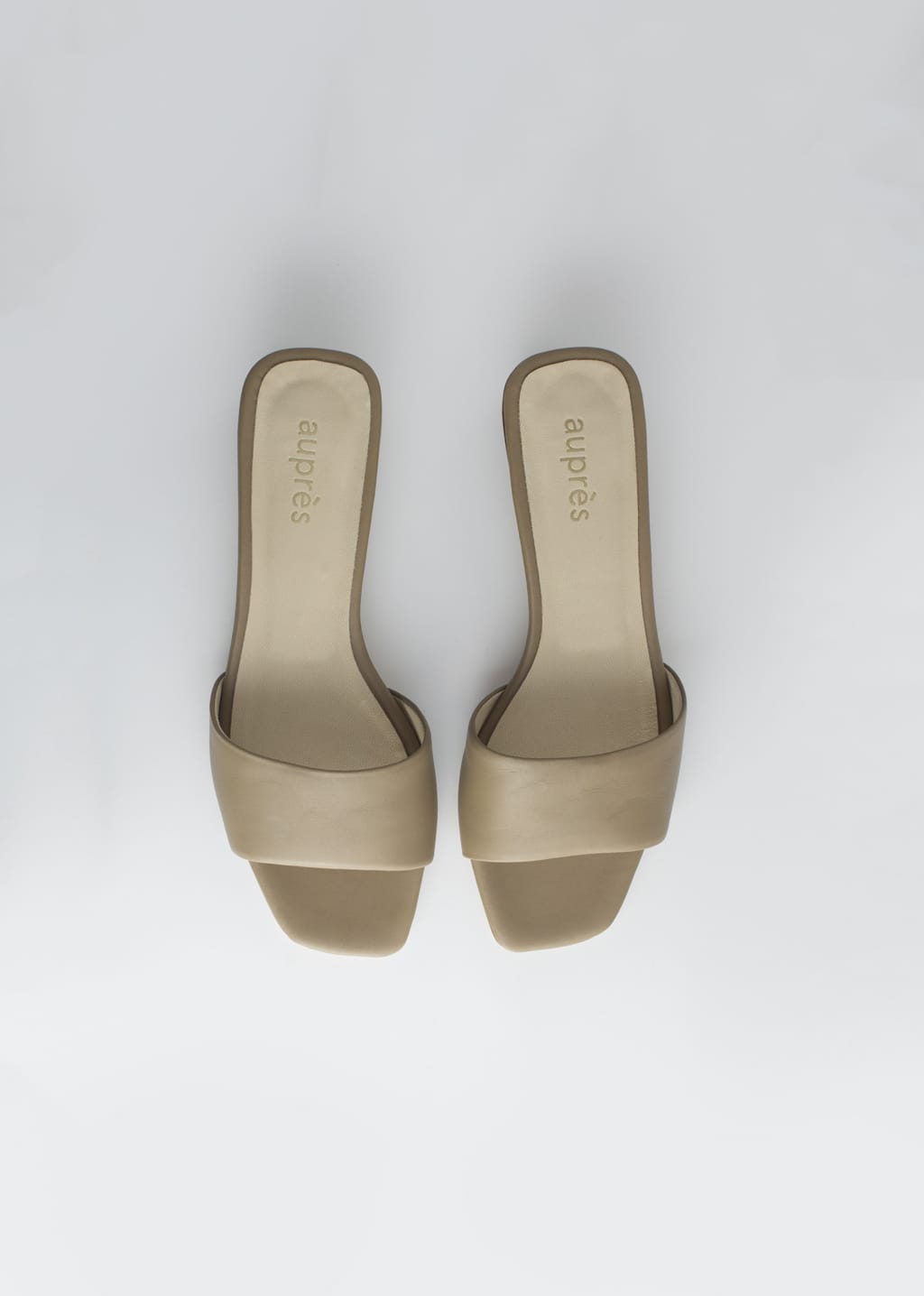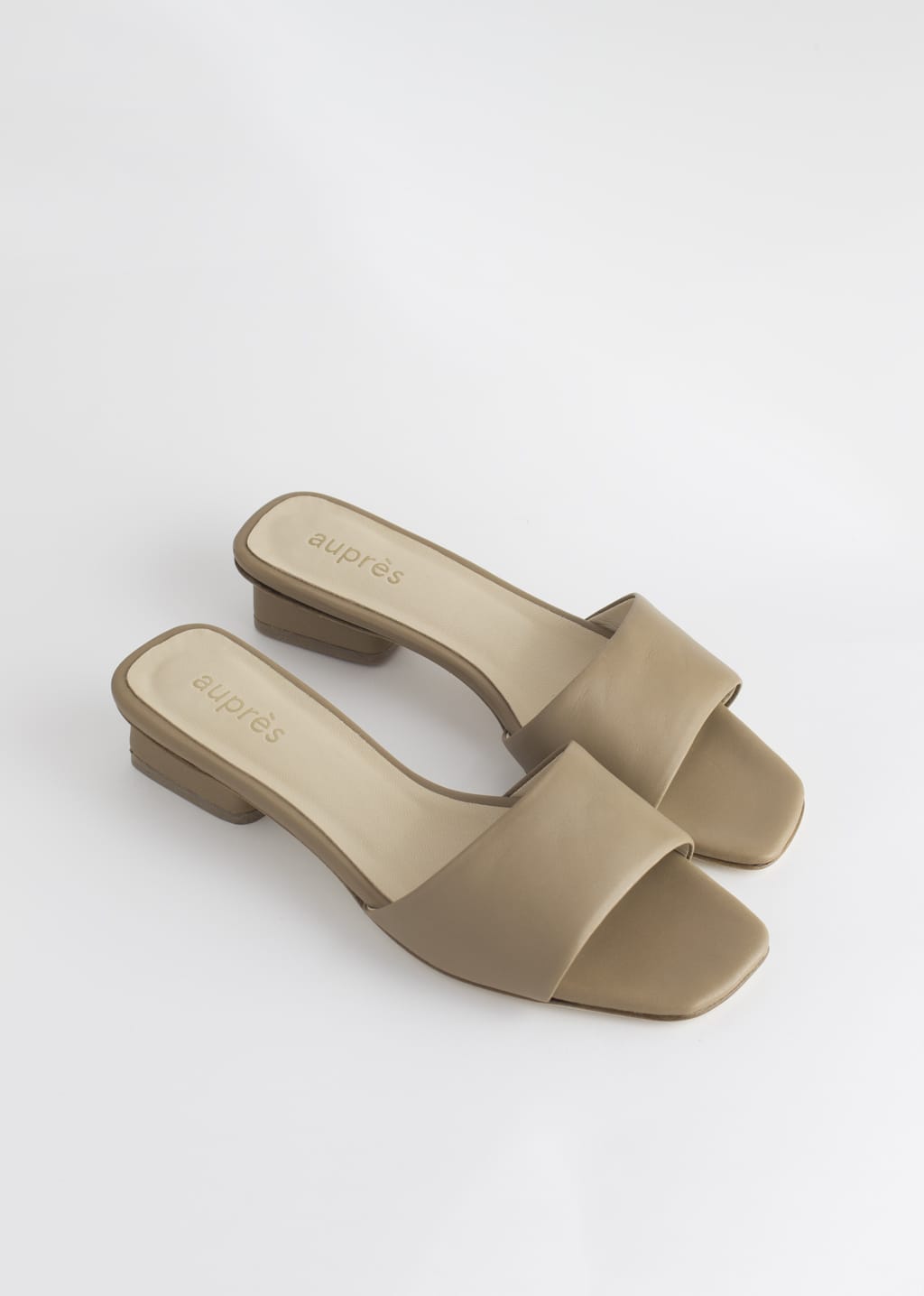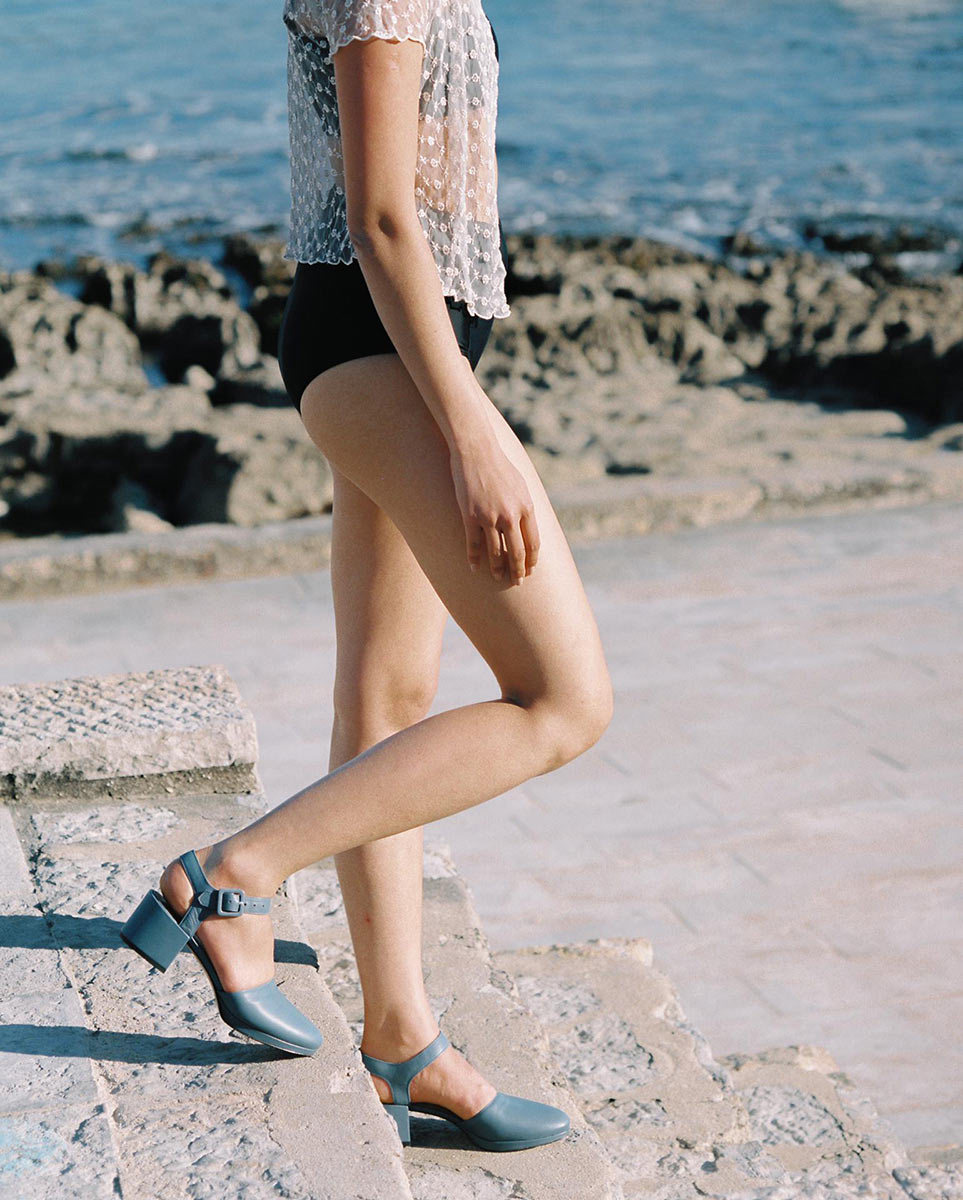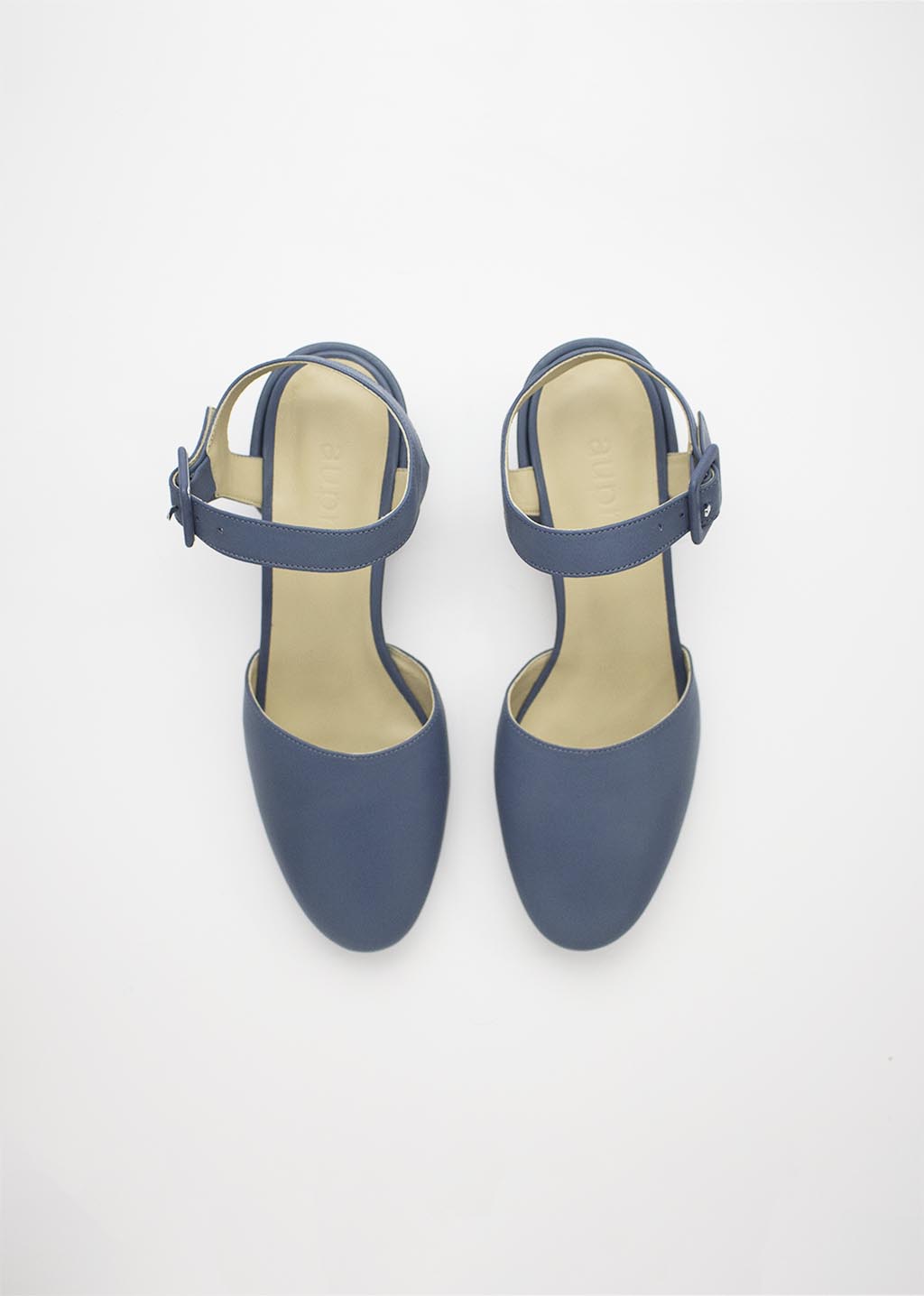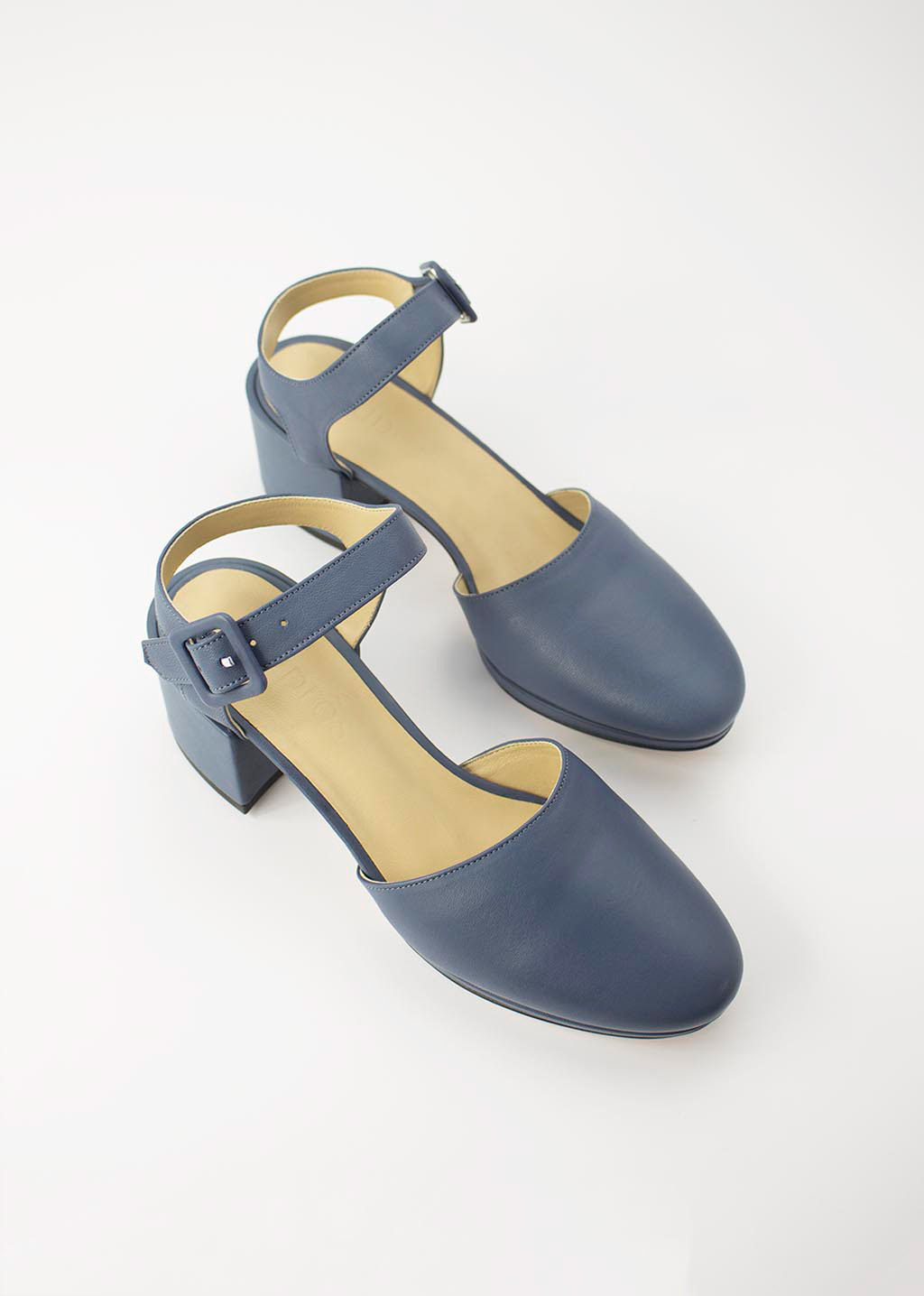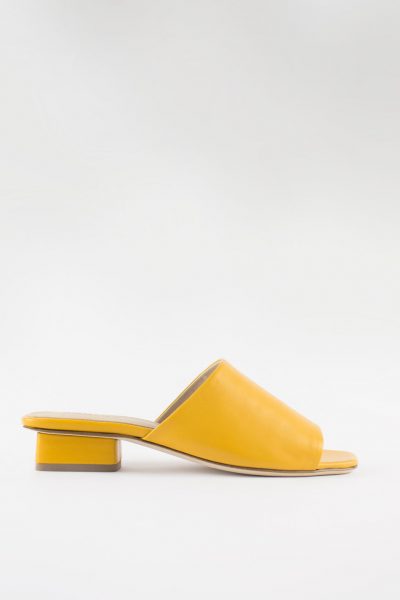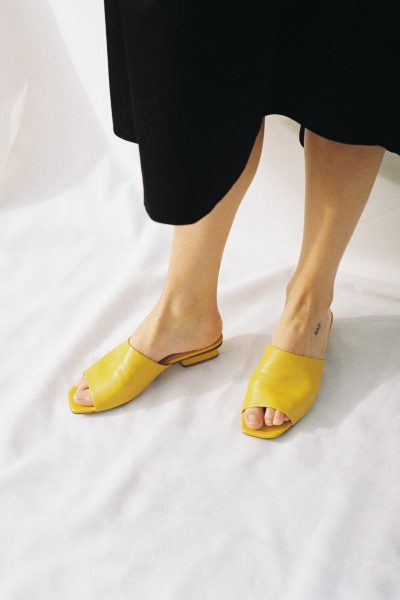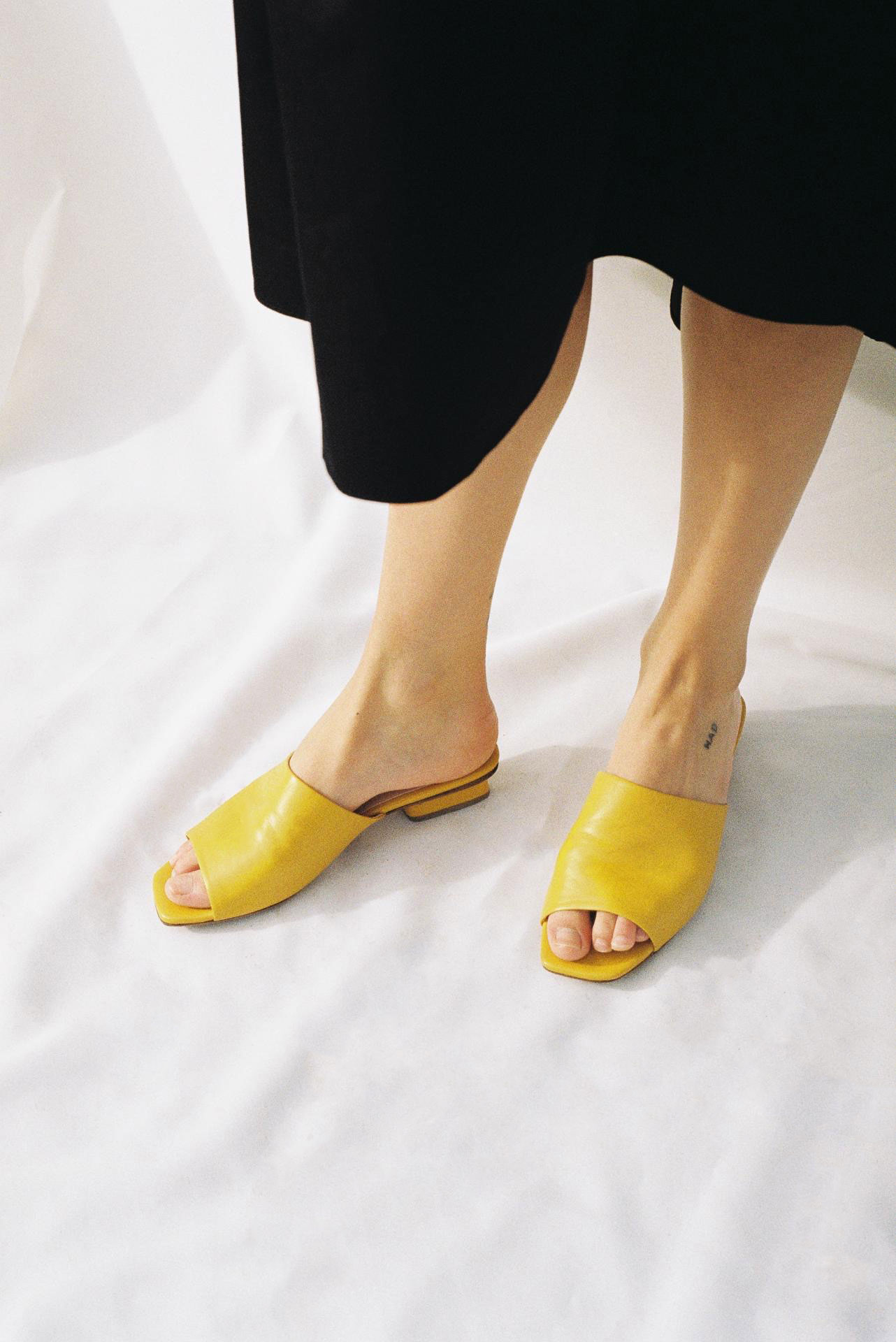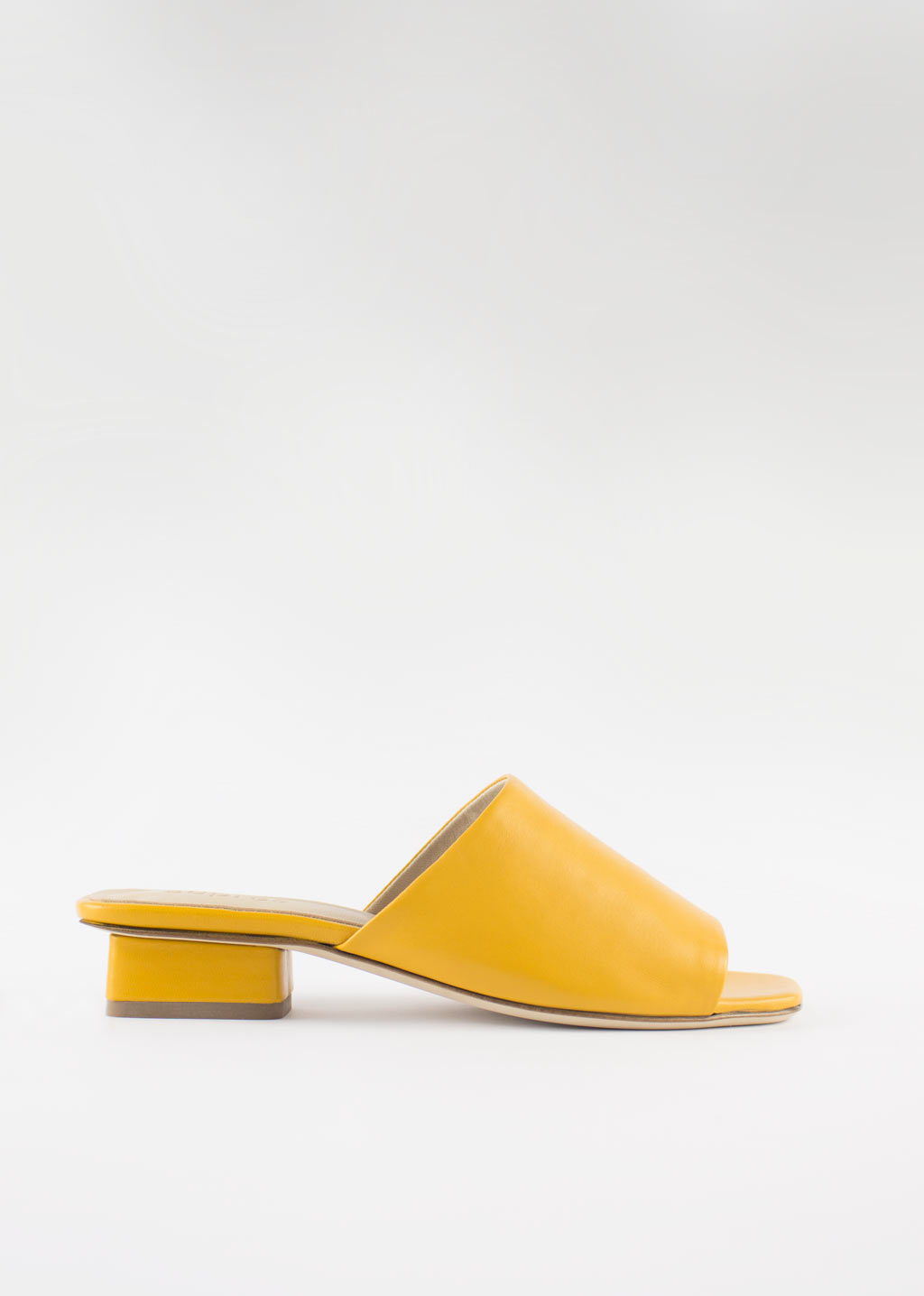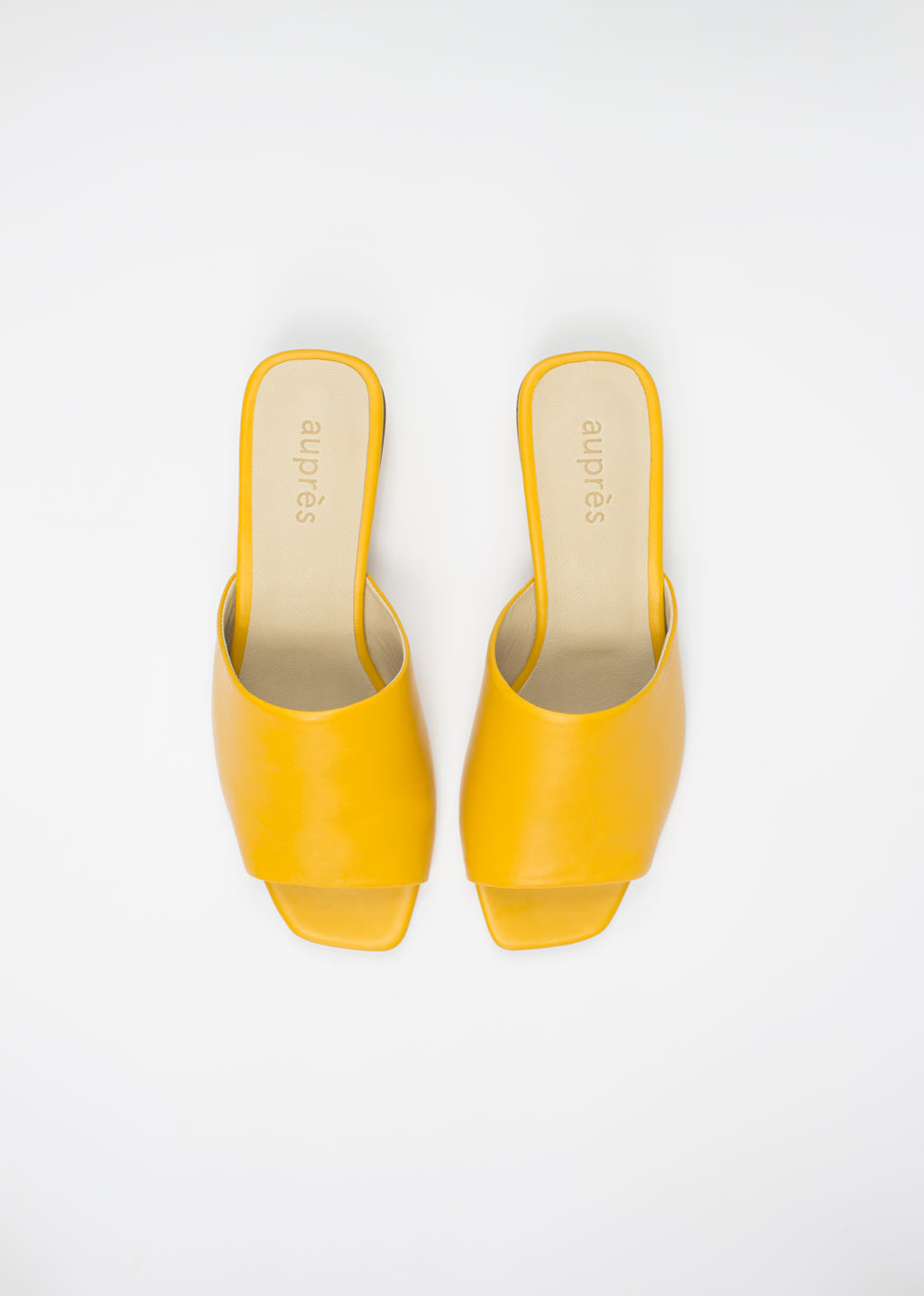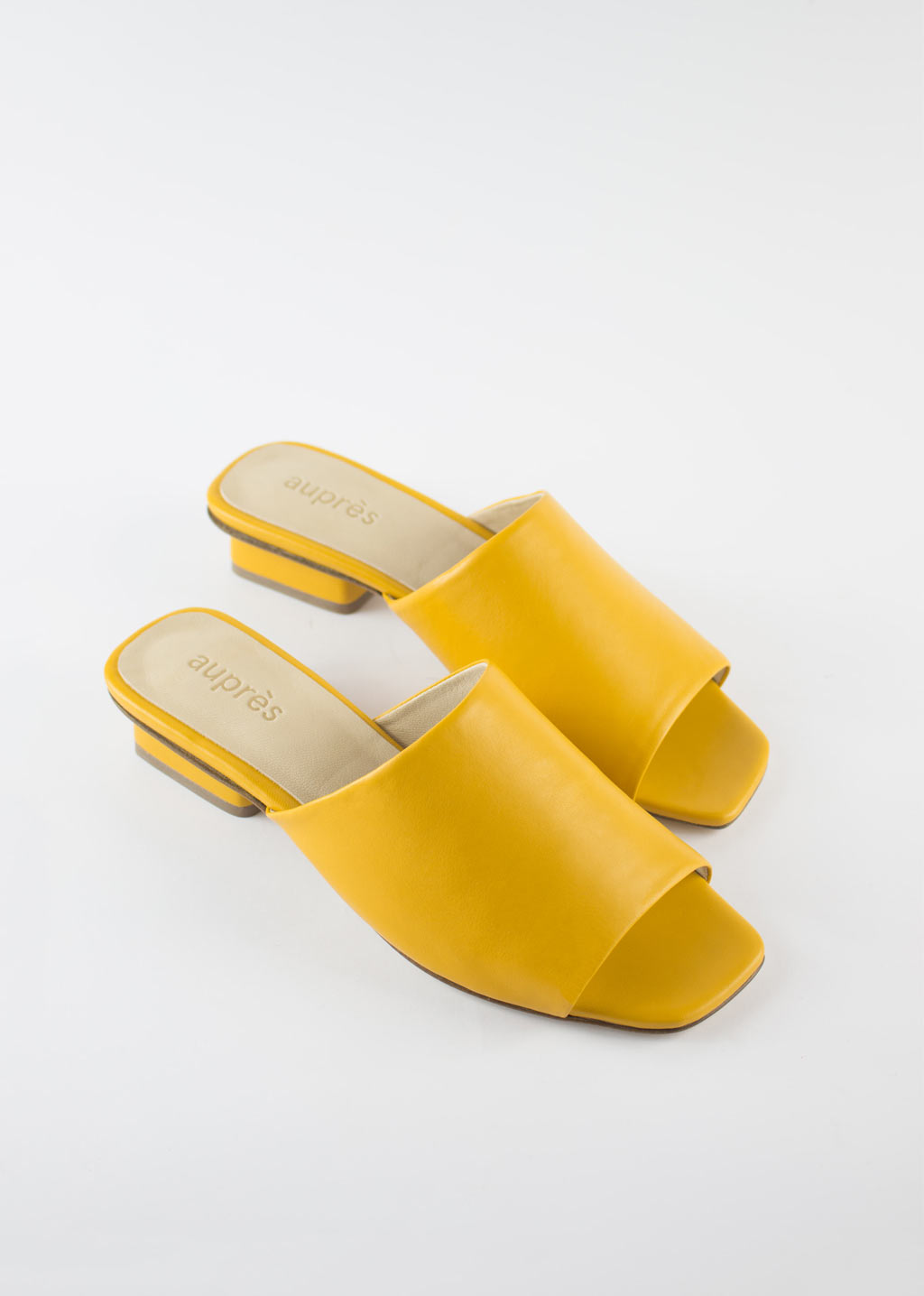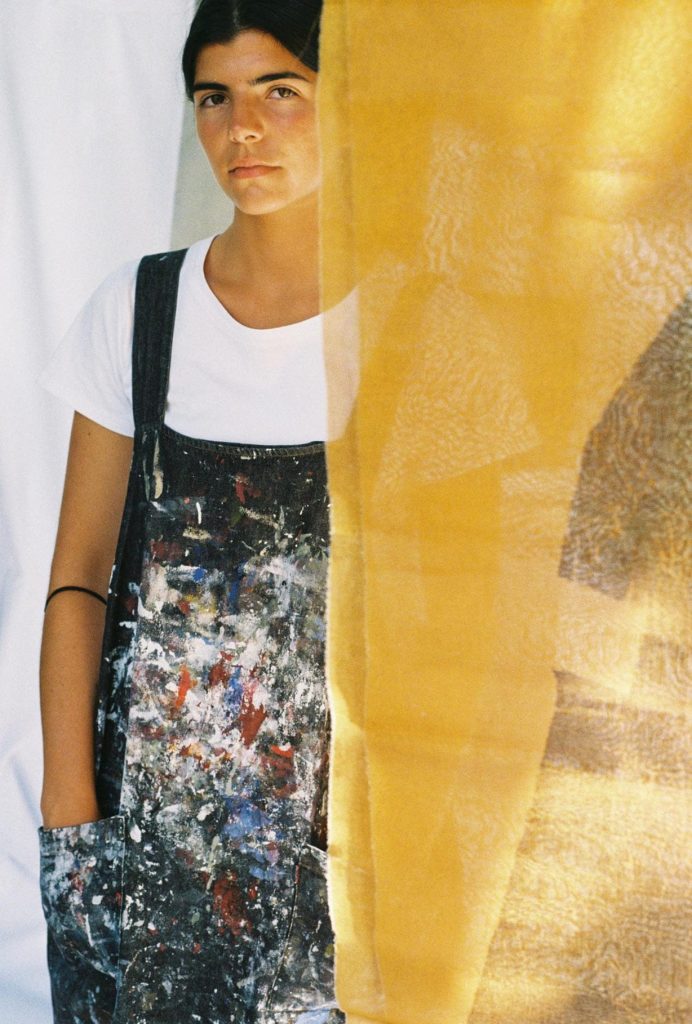
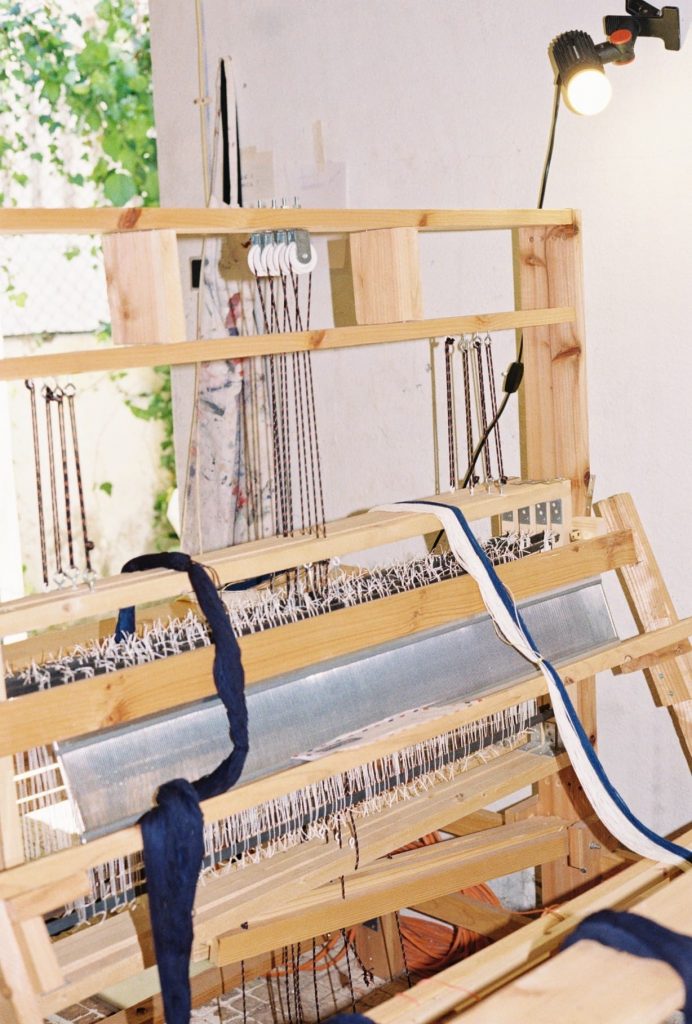
Could you tell me a little bit of your trajectory? What made you choose a creative pathway?
I discovered the world of textiles when I was 16. I was experimenting all kinds of areas in António Arroio Artistic school in Lisbon, and the very last one was textiles. By then I had made my mind to go into graphic design, but that fell off when I saw a room full of looms (a type of machinery that I never had thought really), I remember thinking: “how come I have never came across this before?”, I was shocked! I think that day marks out the start of my path more than any other. It was never a very conscious decision to study arts, it was very obvious to me since a young age that I had a clear attraction towards materials, and conceptual thinking. I thought that – just to go against my own expectations – I could go into psychology, and have a very academic life which I appreciate very much, but I was really just trying to escape from this arts and crafts pathway that felt almost predictable to me.
What do the textiles appeal to you?
I don’t know how to describe textiles in a thorough way. I still don’t know after 7 years of working closely with these structures. I always think that when your work involves textiles you then develop a greater sense of the material. Specially when weaving. Your understanding of a body, a structure and a birth of something shifts from your own intentions, to a very big percentage of being taught by this medium. To me they are related to everything, they tell me things about life, not in a very narrative way, like the tapestry idea of a textile but more in its own nature, the nature of joint, or crossing. I can’t get away from it.
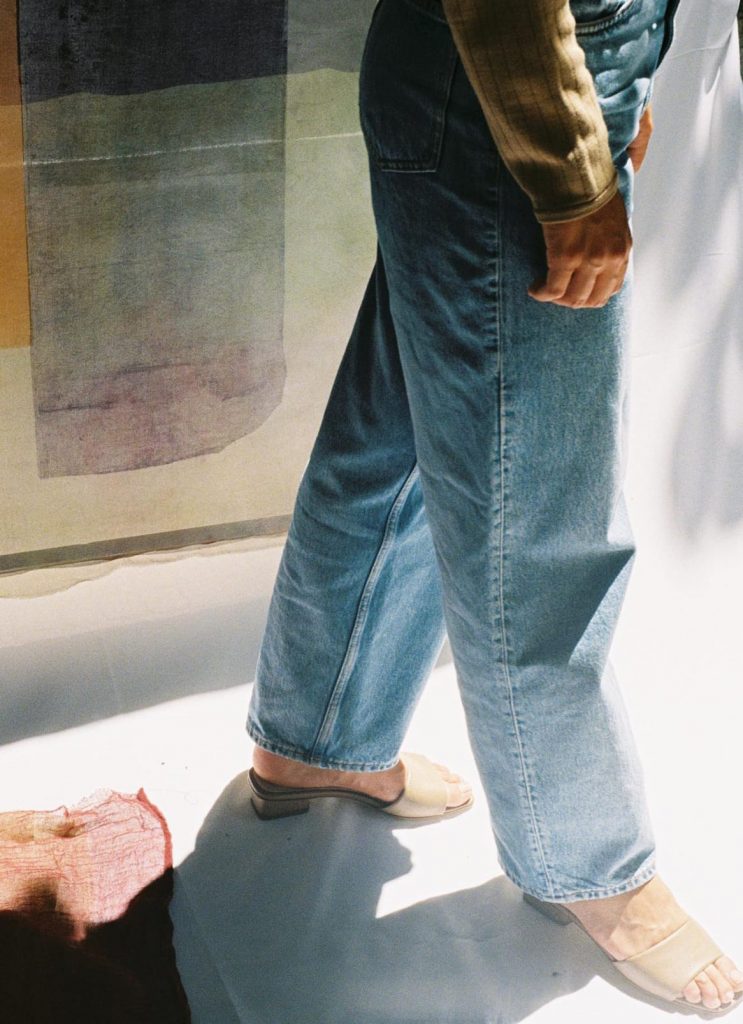
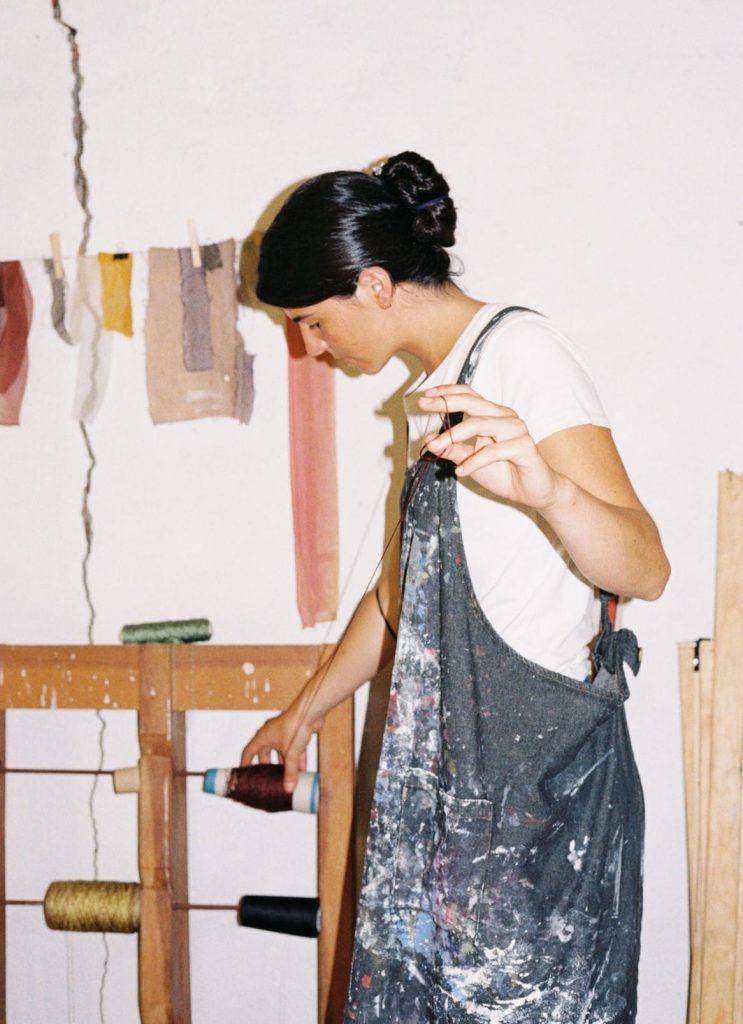
How do you think your upbringing influenced what you do today?
I would say that my upbringing was a very core part, and still is something that I try to decode and understand. My parents are both architects and since a very young age my attention was drawn by them towards space, towards aesthetics and so on. We have moved quite a lot within Lisbon, and we always did participate in the arrangement of things. I remember when the home where we lived for the longest was being raised from the ground and we would play there pretending we were in our rooms or doing stuff in the kitchen. It was pretty much just brick and dust but I could see, through my parents, a house there. This shaped my curiosity for architectural space and its norms/preconceptions or its possibility on freedom of thought. This house was a big influence on me, due to the lack of walls, and the several considered architectural aspects of it. Living in an open space home allowed me to question some things and looking at the experience of space in a very different way. My grandparents also play quite a big role in my development as a maker. They taught me all kinds of things from knitting, sewing, painting, farming and fishing, making shelters, fixing things! I see them as very active and poetic people, I could always discuss all sorts of things with them.
Having these nests of discussion and learning, built my “know how” until today, as I still call my grandfather to ask technical questions or help me build things. Actually last year we finished my loom, but its an ongoing thing, so there is still some issues to solve.
Auprès is much inspired by the art of handcrafting, which is something I find truly magical. What does it mean to you, to have something created out of your hands?
The crafts is really something that speaks to me, as I was doing it before even realizing it was a thing. In the history of textiles this is a big weigh as it is what they consist of. I can’t help but feel that when I meet a weaver, we carry something in common. From young people to old (in artistic studios or factories) we all carry this heritage which is very strong. It is not something frivolous but rather emotional and rationalized. There is a type of strength evident on textile craftsman/craftswoman. Specially women, they are fearless. It breaks this understanding of textiles as a feminine craft or skill. For me creating fabric or printing in it is an immersive practice.
I can be there for hours and come back with new thoughts on subjects and a new critical position towards something. It helps me understand people, life and politics of both. When I am at the loom, every thread or two is a thought, because my mind and body are so connected in this action, that I enter in a kind of state. I often compare it to music making or writing, it’s more systematic and progressive than other forms of art.
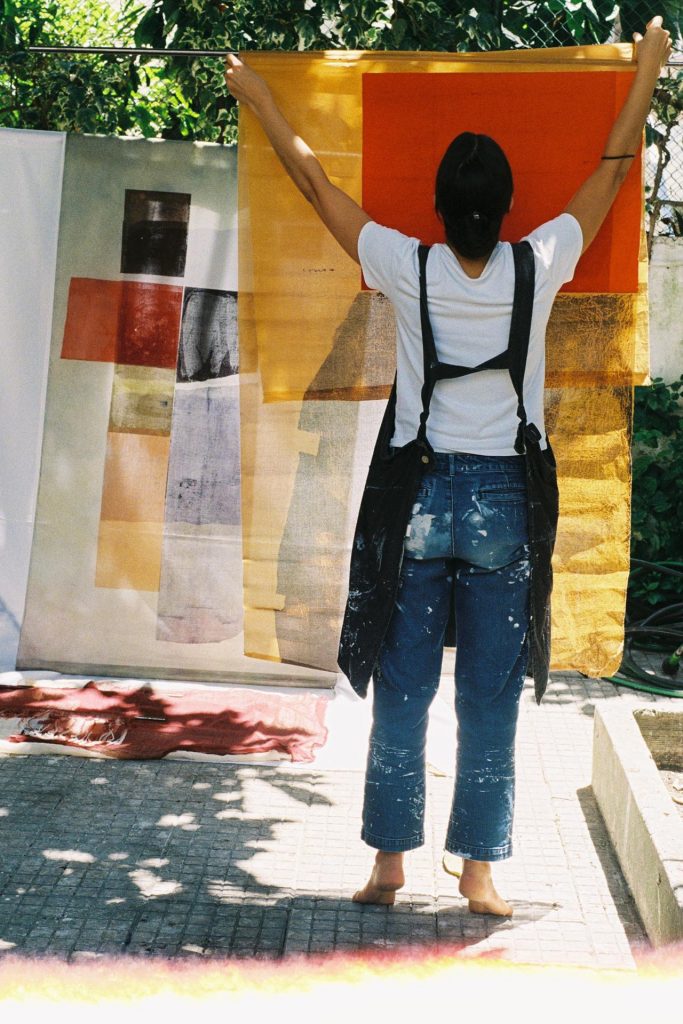
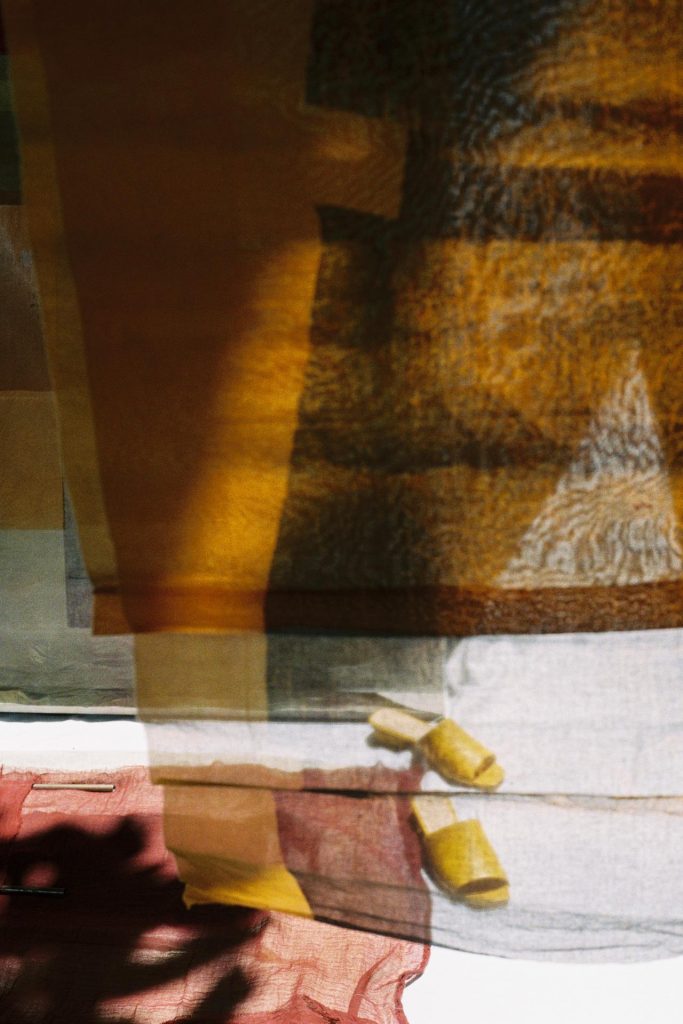
Where do you draw inspiration from for your work?
Urban cultures, a variety of social/urban dance styles.
I grew up dancing flamenco and throughout the years experimented other types of dance like contemporary, but 2018 I’ve discovered breakdance and I couldn’t help but feeling the similarities with flamenco, both street styles only addressing different cultural influence. I see dancing as a very necessary thing in my life.
Music plays a big part as well. Electronica/techno/jazz/rock- (Djavan, which sits in between these two)/hip hop/Portuguese afro beats, rap, classical… I listen to a variety of people and genres and I know exactly in how and where they have or do influence my work.
In contrast with this I can be deeply moved reading academic papers on human behaviour.
I also just contemplate windows a lot of times, at night specially.
Do you have any rituals or routines that help you maintain a creative energy flowing?
I am always clashing with myself, I don’t have a very balanced way of working. Most of the times the more insecure I am, it is when I produce the best work. There is no flow of energy for me, it is more rational than it seems. At least I think it is. I am not constantly expressing myself, in fact I am not interested on that. I see my work as a profound research that I have to go through to answer to some of my questions. It’s not peaceful at all, it is a constant question mark in my head with some gaps for amusement. There is a certain type of knowledge I adquire about myself through this, that I became aware of the things that help me relaxing and not put so much pressure on myself, but even like that sometimes they fail to do so. In the morning I am more up for planning and in the afternoon I am better with the “poetics” so sometimes I have to leave the more risky work for the afternoon.
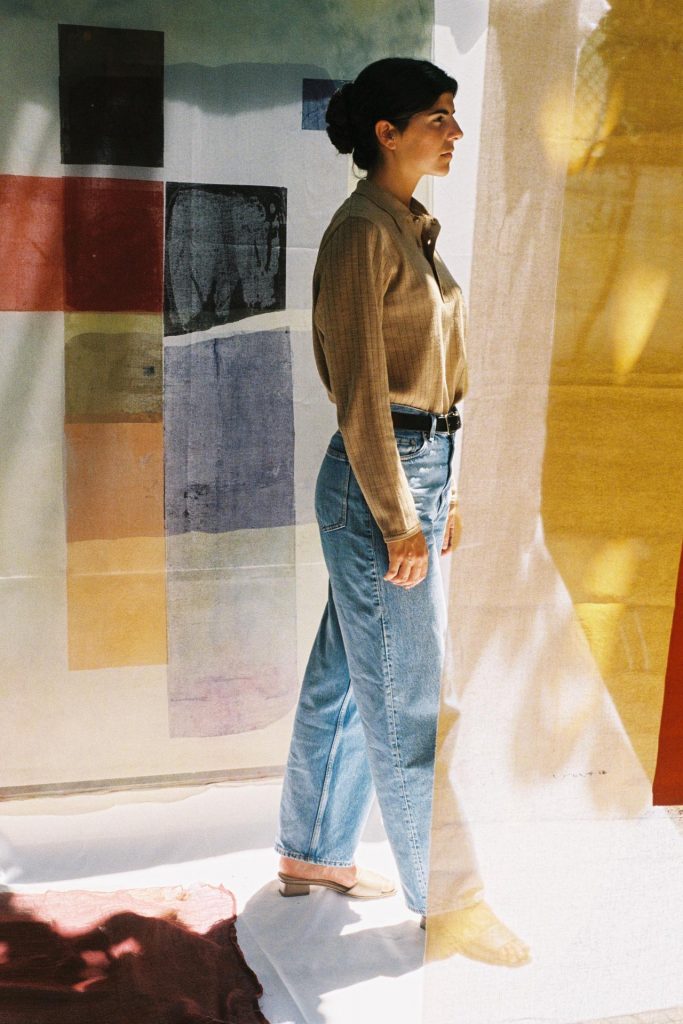
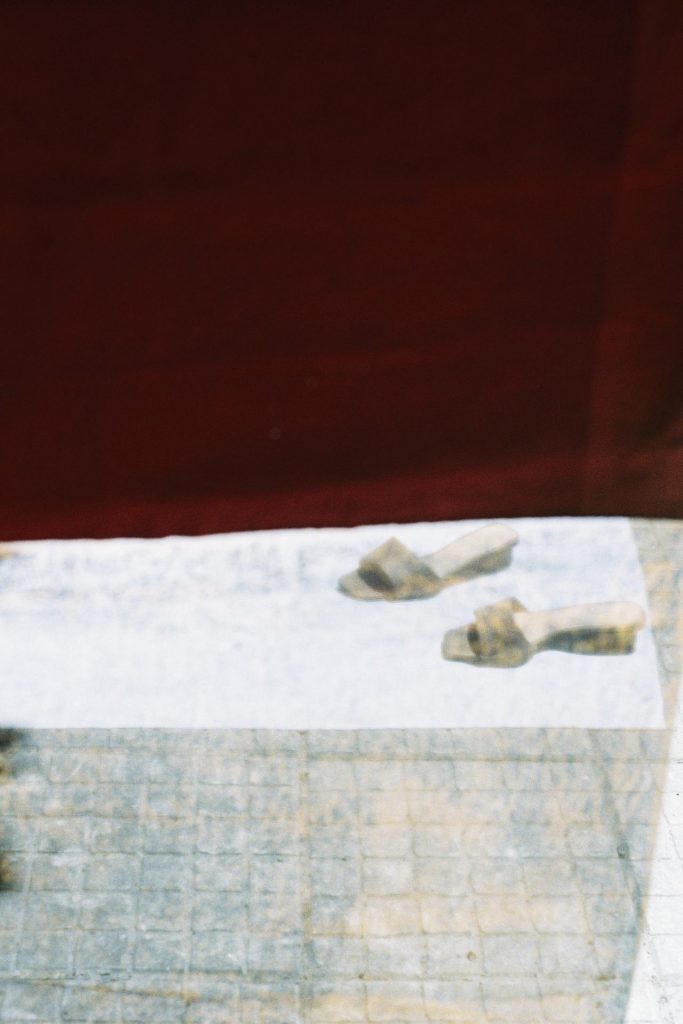
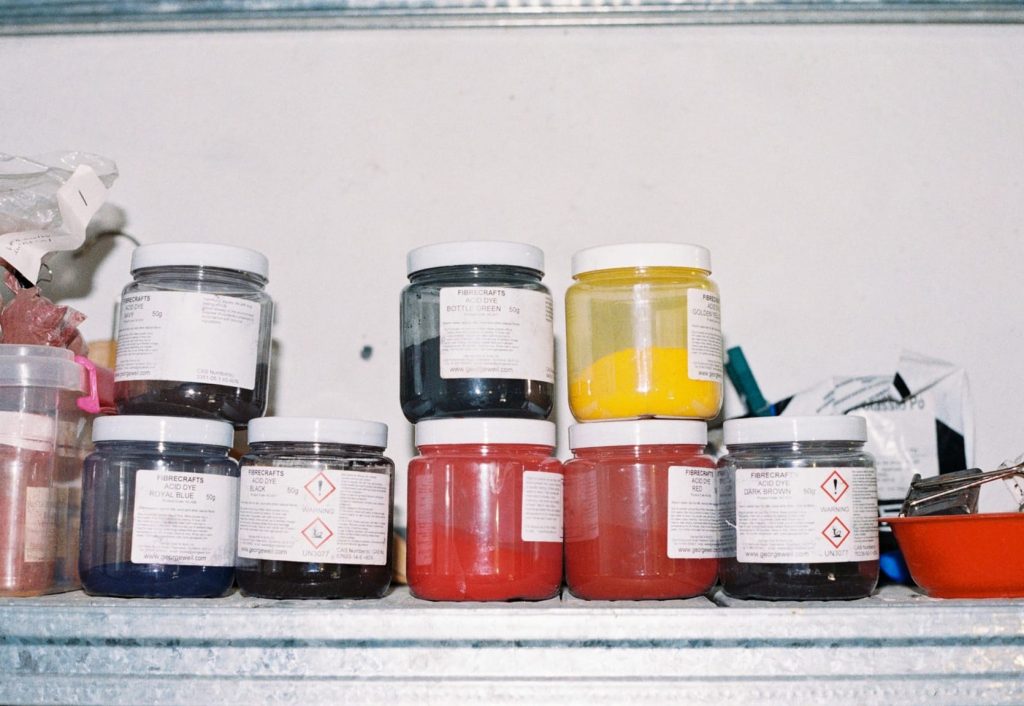
Does intuition play an important part in your process? Or is it something for you that comes more from the mind than from the gut?
Intuition is a big big part of it. Now I am being contradictory with what I have said previously. It is a mix of rationale and the instinct. They’re very side by side. The rationalization, the reading, the research I do, informs my instinct. That is why I trust it and I can work with it. Even though I also see my work as a research on colour and the interactions between them, there is only so much that is scientific about it, its choice that comes from observation and attraction, it could compared to guessing. Apart from, maybe some studies I have done in the History of Colour Studies and the theories attached to them. I take them with me, but I don’t necessarily follow them. I am looking for something new.
Any ideas you are looking forward to explore in the future (new techniques, tools, materials, approaches…)?
I am truly intrigued by space. On my work this is the main question. How space shape us, how space influence us, and how can I shape a space differently through colour and material. It is not about the haptic senses, but a deep believe that we have an unconscious relationship to architectural space, and that is the source for every behavior. As I am primarily concerned on understanding this idea, I know that I will need to explore various amounts of ideas, mediums etc I am at the moment collaborating, using virtual reality and dance. Textiles will always be present as the filters which I see everything through, but I’m interested on exploring this medium to a bigger level (in scale and materialization) in relation with different spaces, and on creating psychological spaces themselves.
Could you name a few of your favourite artists/makers/creators?
Can’t run away from the big ones, Hélio Oiticica, Anni Albers and Joseph (I admire a lot of the Bauhaus makers and thinkers). Lourdes de Castro. Bill Viola and Djavan. Ryuichi Sakamoto and Herman Hesse… Devo. It’s quite a mix of things…
Any current reading/listening/watching recommendation you’d like to share?
I guess I could recommend a book that, funny enough, I’ve came across in an airport, in Istanbul, during a stop over. It is called Flights by Olga Tokarczuk.
